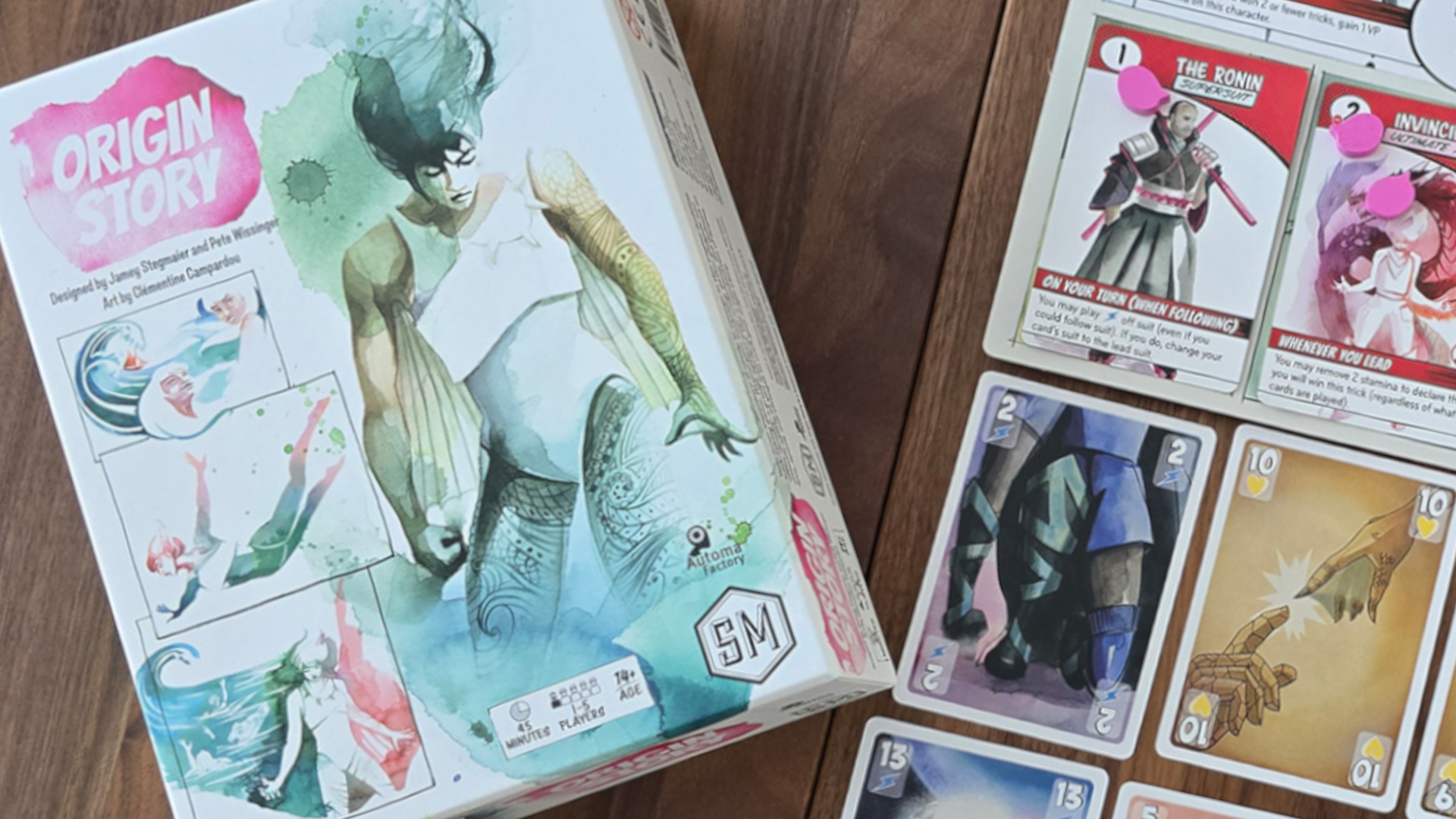Why David Cage's visually-amazing Kara demo sadly also sums up the worst of video game story-telling
Pretty robot, pretty poor omen for video game drama
So Quantic Dream’s David Cage has done it again. Two years after Heavy Rain, he’s sent the gaming world into a tizzy with another visually stunning demo of another beautifully rendered female character being all dramatic and sad. He’s espousing more leaps forward for mature video game narrative. He’s talking about setting new standards for dramatic story-telling. But once again, while the new tech being used is undeniably impressive, personally I also see a very prominent naked emperor putting nice graphics before much more important things.
First things first though. I’m not writing off the Kara demo. In a lot of ways it was bloody brilliant. To get that kind of crisp visual fidelity, such sexy lighting, and such a remarkably vivid sense of time and place out of a PS3 (and a year ago at that, apparently) is a damnably striking achievement, and certainly a silencing shot for all of those claiming that the current generation of consoles has already been squeezed of every last drop of juice. I’ve always been an advocate of long console life-spans, having seen hardware generation after hardware generation prematurely pole-axed just as they were starting to take off. So yes, thanks for making my point so powerfully, Quantic Dream. And thanks for doing it with a year old version of an engine you’ve apparently improved exponentially since then. Exciting times indeed.
Above: The Kara demo. Technically and visually, really bloody impressive
Moreover, although the intro text to the demo maintains that it is a standalone piece, not part of a game nor intended to be one, the world it creates is one that I really want to explore. Although we essentially see only one room in the Kara demo, that room is so brilliantly realised and utterly cohesive that although stylised, it feels utterly like a part of a real place. So yeah, brilliantly convincing visuals and a tantalisingly convincing game world. All the things Quantic Dream do well, summed up on one demo. But herein lies the problem.
You see in terms of everything beyond the technical and aesthetic, to me the Kara demo is a dead duck. All the things Cage so frequently claims to champion, all the really important, creative, mature, drama-and-gravitas-sodden things he rightly proclaims the importance of, are things I find Kara to utterly fail at. And if we praise it for these things, we do nothing but arrest the real development of video game storytelling by vastly lowering our standards. Allow me to explain.
That production design, eh? Pretty striking, right? Definitely shows Quantic Dream have some seriously visionary folk running their artistic and conceptual direction, yeah? Well no. It’s actually way too similar to Chris Cunningham’s 1997 video for Bjork’s All is Full of Love for me to possibly take seriously. From the first second of the demo, Cunningham’s work is all I could see. Of course I'd never go as far as to claim plagiarism, but I’ll embed the video for you to watch so you can see what I’m talking about.
Far from extolling the bold, affecting creativity at one of the self-proclaimed front-runners in terms of mature, artistic game design, the Kara demo's unfortunate extreme similarities to Cunningham's work scream to me of gaming's continued piggy-backing on the previous, in this case 15-year-old, successes of film. Ditto the vast swathes of the demo which struck me as disturbingly reminiscent of a 1995 episode of the rebooted Outer Limits TV series, entitled Valerie 23. An obscure reference, granted, but not one obscure enough for me to miss some highly disheartening similarities.
Weekly digests, tales from the communities you love, and more
The episode, in a nutshell, deals with the titular female android, built as a home helper/companion to the story’s human male protagonist. She serves the same roles as the Kara, even at one point explicitly stating that “I’m fully functional” in regards to sex, a concept conspicuously emphasised throughout QD’s piece (though I'll come onto that more a little later on). Of course, the episode eventually descends into the inevitable archetypal discussions of whether or not an android can truly be alive. The episode decides to define something as living when it is scared of death. And would you believe it, at the end of a long string of mishaps resulting from the robot’s “simulated” emotions, it is eventually killed, whereupon we are treated to the weighty crux of the episode, via the twist that Valerie expresses fear.
Yeah. “I’m afraid”. Almost he exact same key-phrase on which Cage hinges his whole dramatic crescendo and the narratively crucial shift of perception of Kara as an entity. Again, I’m not going to go as far as to accuse a deliberate rip-off, but at best we’re looking at a supposedly progressive example of video game drama which possesses worrying similarities to an older medium, in this case hanging its dramatic weight on the exact same lumpen central narrative mechanic as a hokey example of a generally hokey TV show.
In reality, it doesn’t matter whether anyone at Quantic Dream has even seen that particular episode of that particular attempt to ride the ‘90s X-Files bandwagon. The important point is that the Kara demo’s successes exist purely within the visual, and occur in no way as a result of good writing, powerful human drama, a clever, meaningful harnessing of interactivity, or any of the other things that video game story-telling desperately needs. Instead it delivers only the hoariest of old sci-fi tropes, a bog-basic idea that has been around since Pinnochio (much earlier in fact), and which was hammered into outdated cliché by the end of the ‘50s.
Next: And it gets much worse than that...



